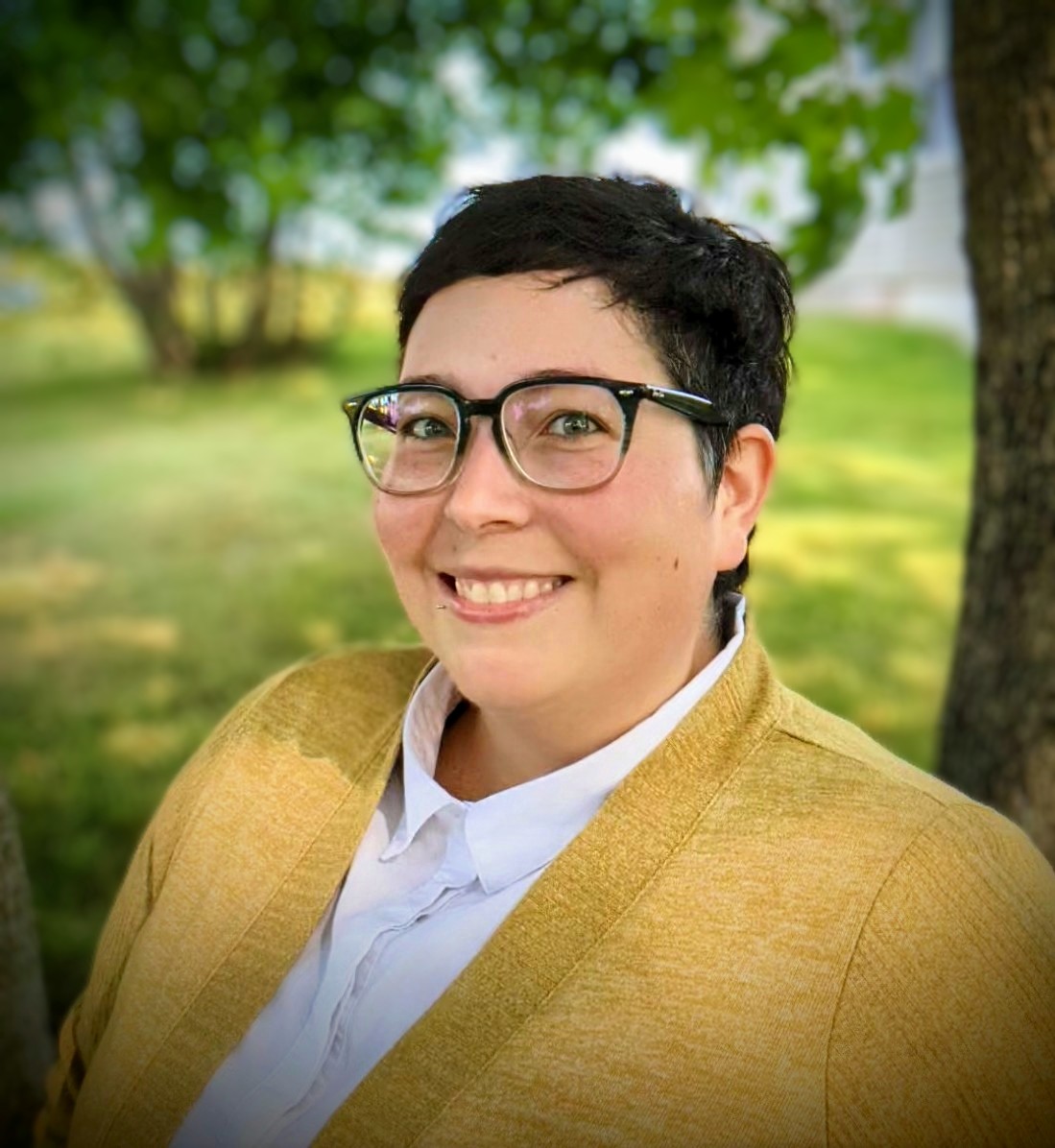The Research Department at Egale Canada engages in community-based research in a wide array of interdisciplinary fields as well as dynamic research topics that reflect the local lived realities of 2SLGBTQI communities in Canada and internationally. Our mandate is to conduct research that:
- Amplifies often underrepresented perspectives and experiences
- Challenges dominant discourses and advances critical conversations
- Engages communities and builds capacity
- Produces evidence to inform policy changes
- Positively impacts 2SLGBTQI people and communities
Research Philosophy
Our research is community-directed, community-focused, critical, and dedicated to furthering social justice. We pursue research that addresses core questions and issues faced by 2SLGBTQI communities, recognizing commonalities, coalitions, frictions, and intersecting and layered identities and experiences.
We understand research as a process and practice that can amplify underrepresented perspectives and challenge dominant discourses. We pursue research that can build upon and spark critical conversations, impact policy development and decision-making, and inform community-led initiatives.
Research Areas
The Research Department pursues primary and secondary research that relates to myriad aspects of 2SLGBTQI lives across the life course. The focus of our research activities is diverse and includes such topics as school inclusion and inclusive education, employment and workplace inclusion, gender-based violence, aging issues, health and wellbeing, healthcare access and equity, and intersex rights and issues.
Inclusive Schools
Aging Issues
Employment & Workplaces
Health & Wellbeing
Gender-Based Violence
Intersex Rights
Research at Egale involves close collaborations with community- and university-based partners and is supported by a range of funders.
Meet Egale Canada’s Research Team

Brittany Jakubiec, PhD
they/them | Director of Research
About Brittany Jakubiec
Brittany is a qualitative and educational researcher based in Epetwitk (Prince Edward Island) whose research focuses on experiences of LGBTQ youth, and questions of gender and sexuality, identity, and educational experiences. Brittany completed a PhD in educational studies and an MEd in educational leadership from the University of Prince Edward Island. Brittany brings multi-sectoral experience to their director role, including experience in non-profit leadership, higher education teaching, and academic research. At Egale, Brittany’s current research and work focuses on 2SLGBTQI health and employment.

Kim Seida, PhD(c)
she/elle | Senior Research Officer
About Kim Seida
Kim is a qualitative researcher and PhD Candidate in Sociology at McGill University. Her dissertation explores the healthcare experiences, resilience strategies, and community-building efforts of sexual minority womxn in Canada. She has expertise in qualitative research methodologies (e.g., grounded theory, narrative research); critical media studies; and the sociology of health, illness, and medicine. Kim’s most recent work has focused on unpacking understandings of mental health recovery, social inclusion for folks living with disabilities, and Indigenous youth leadership. At Egale, Kim’s work is largely focused on addressing 2SLGBTQI mental health disparities and highlighting healthcare access issues.

Gazel Manuel, PhD(c), MA
she/they | Research Officer
About Gazel Manuel
Gazel is a qualitative researcher based in Treaty 1 territory (Winnipeg). She completed her BA Honours in Sociology at the University of Winnipeg and MA in Sociology at Carleton University and is currently a PhD student in Sociology at Carleton University. Gazel has over a decade of interdisciplinary research experience working on projects related to public health, social entrepreneurship, and critical disability studies. Her current doctoral research examines ethnic entrepreneurship practices among Gen Z and Millennial Filipinx-Canadians. At Egale, Gazel’s research focuses on 2SLGBTQI inclusion and diversity initiatives within the context of small and medium enterprises and not-for-profit organizations.
![Pictured is a photograph of a white person with medium length, two-toned hair, blue eyes, lightly smiling with cool toned lipstick, wearing a white shirt with black polka dots.]](https://egale.ca/wp-content/uploads/2023/05/Noah-Rodomar.webp)
Noah Rodomar, MA
he/him | Research Officer
About Noah Rodomar
Noah is a qualitative researcher based on unceded Anishinaabe Algonquin land (Ottawa). He received his BA Combined Honours in Film Studies and Gender Studies at Carleton University and continued there to earn his MA in Gender Studies. Noah has experience in qualitative research methods including interviewing, autotheory, and discourse analysis. His primary research interests focus on queer and trans theory, sexuality and kink, critical media studies, and the role of art and education in activism. Noah’s work at Egale currently focuses on trans and gender diverse experiences in a variety of contexts, including employment, families, and post-secondary institutions.
Contact Egale Canada’s Research Team
Are you a researcher looking to work with Egale Canada on a research project?
Looking for more information on an Egale Canada publication?
Interested in learning more about 2SLGBTQI research in Canada?
Connect with our research team by email: research@egale.ca or fill out our contact form.
"*" indicates required fields
